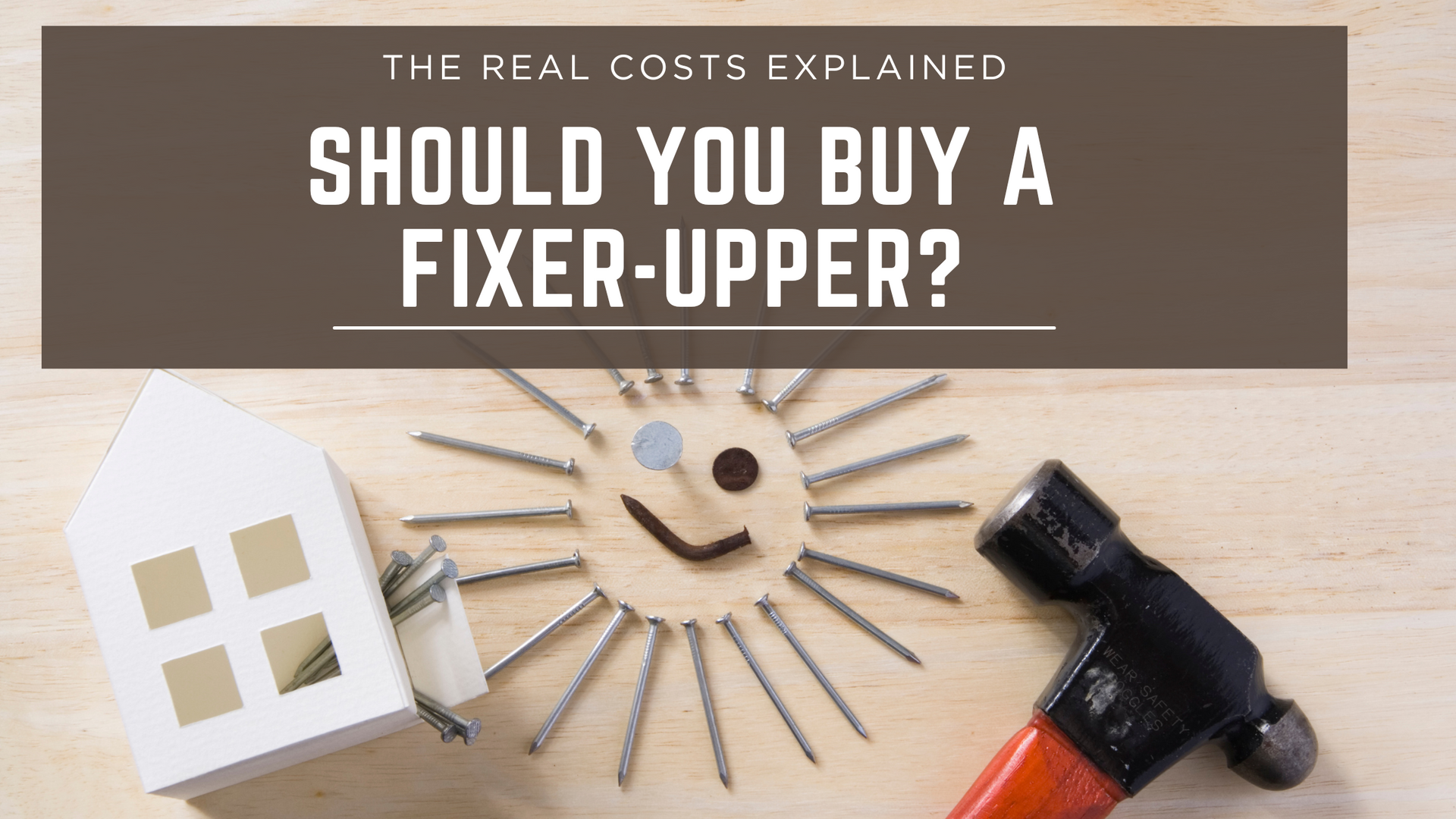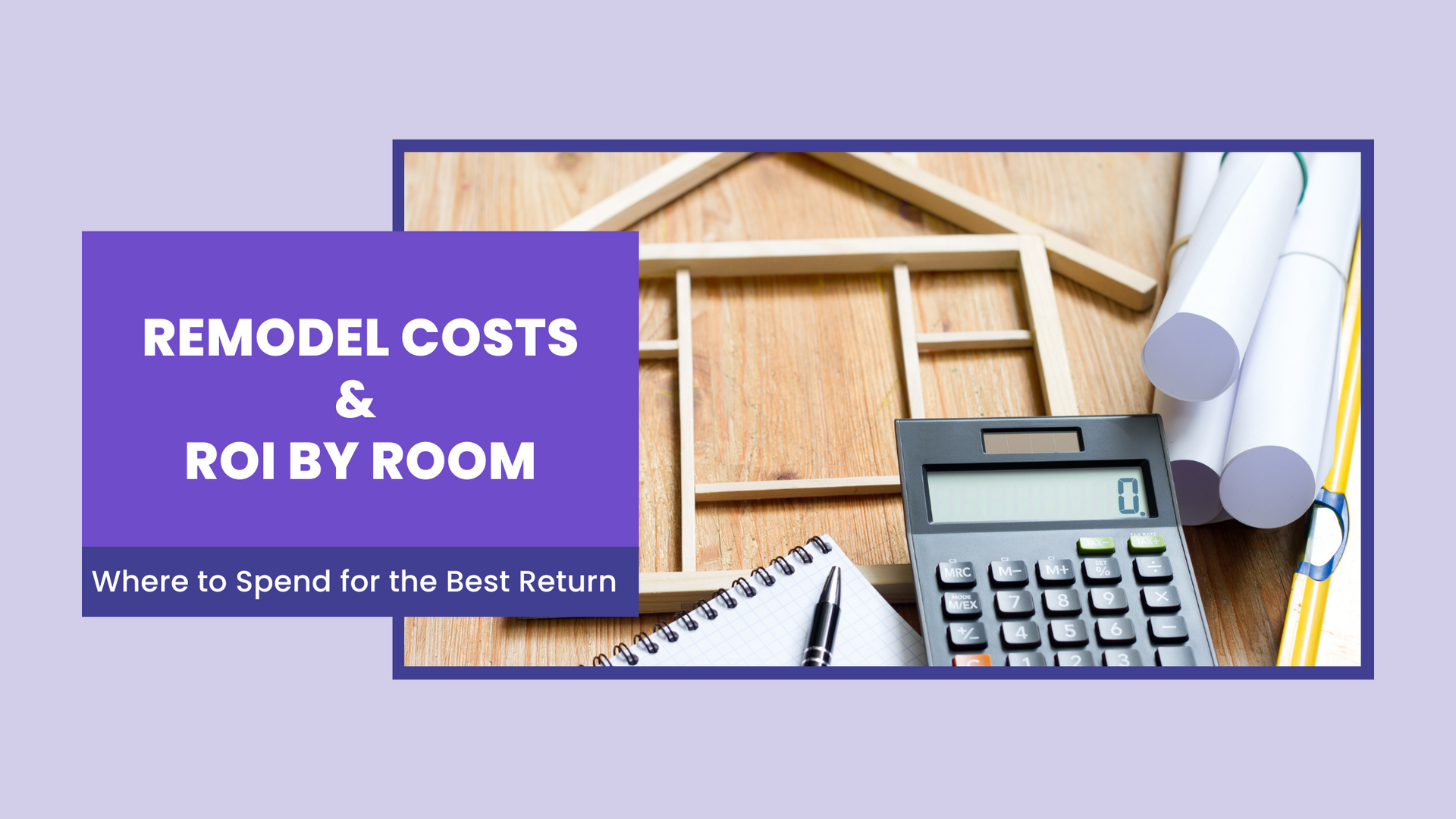
Buying a home is one of the most significant financial decisions most people will ever make. Yet, many buyers rush through the mortgage process, focusing on getting approved rather than fully understanding their options. As a mortgage professional, I see it often—borrowers end up with loans that don’t truly fit their needs, leading to higher costs, unnecessary stress, or even long-term financial strain.

Buying a home is one of the biggest financial moves you’ll ever make — and how you choose to finance it can make all the difference. Mortgages aren’t one-size-fits-all. The right loan depends on your budget, credit, long-term goals, and even where you plan to buy. Whether you’re a first-time buyer or upgrading to your next home, understanding your financing options can help you make a confident and informed decision. Here’s an overview of some of the most common mortgage types and what they mean for you.

Real estate has long been one of the most reliable ways to build wealth—and owning a rental property is a strategy that continues to stand the test of time. Whether you want to create an additional income stream, diversify your investment portfolio, or prepare for retirement, rental real estate offers unique opportunities that few other investments can match. Of course, success doesn’t happen overnight. Like any investment, rental property ownership requires preparation, knowledge, and smart management. Let’s break down the benefits, what to expect, and how you can set yourself up for success.

Owning a home is more than just a milestone—it’s a major move toward financial stability, personal freedom, and long-term wealth building. While renting might offer flexibility, buying a home gives you something more powerful: ownership, equity, and the ability to truly make a space your own. If you’ve been thinking about taking that leap, here’s a breakdown of the real advantages of homeownership—and the steps to get you there.

Buying a home is one of the most important financial commitments many people will make. With that comes a wide range of mortgage terms that can feel confusing, especially for first-time buyers. Understanding the language used throughout the mortgage process can help you make informed decisions and feel more confident every step of the way. Let’s explore some of the key terms and concepts that are commonly used in mortgage financing.




